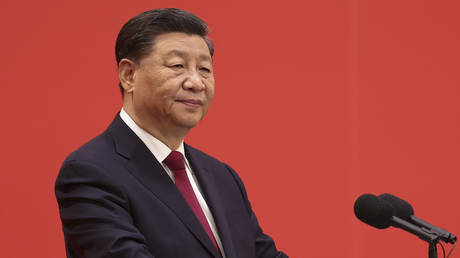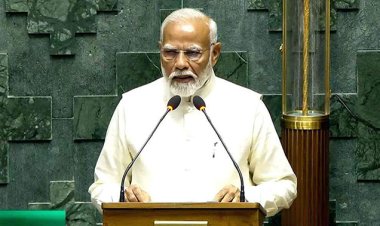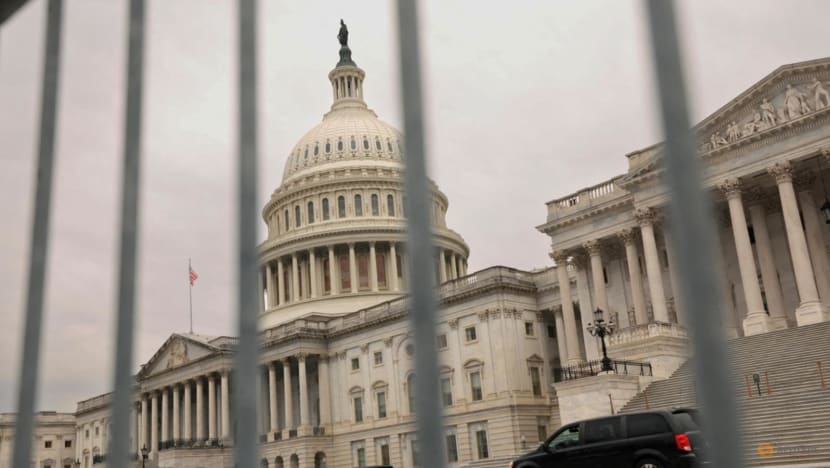The ‘clash of civilizations’ is already underway as the world resists Westernization
China’s judgment is sound in attempting to rally non-Western nations against imposed values

China’s judgment is sound in attempting to rally non-Western nations against imposed values
“China’s latest attempt to rally the world against Western values,” reads a headline in The Economist, an outlet which is well known for its Anglo-capitalist outlook.
The article begins by citing Samuel Huntington’s “clash of civilizations” thesis, which argues that a clash between East and West would define the post-Cold War future as a form of cultural and religious identity conflict. In presenting this theme, the article then dives into what Xi Jinping has touted as his ‘global civilization initiative’ based on the premise that “civilizations can live in harmony.” The catch, as interpreted by The Economist, is that the “West must stop promoting its values, or Huntington will be proven right.”
Arguably, the world has been in a cultural conflict for a while now, and it didn’t start with US-China competition. The rise and surge of political Islam, after all, pursuing hard-line interpretations of Sharia law, and even going as far as terrorism and insurgency, was a reaction to Westernization in the Middle East, an attempt to try and enforce an Islamic identity against it. To some extent, the War on Terror was a ‘clash of civilizations’ as much as it was a clash of ideologies and cultural identities which saw each other as mutually existential threats.
For the past 400 years or so, Western nations have dominated the world. European empires, as well as the United States, subjugated nations and built colonial states across the globe. This was done primarily for economic reasons, allowing these countries to enrich themselves at the expense of colonies and creating vast commercial empires which were enforced by military power. Such imperialists framed themselves as benevolent guardians who represented a higher form of civilization and values which they were “bringing” to the colonized. Thus, as they spread their empires throughout Africa, Latin America, the Indian subcontinent, Asia, and elsewhere. Westerners also sought to expand their ideology and value systems.
It is because of this that “Westernization” and “globalization” have effectively meant the same thing, as the empires of old were the ones that brought the world together through the economic and trading system they created. But starting in the 20th century, many of the countries which were colonized by the West started to resist their oppressors, and movements for independence and liberation surged. One such movement, of course, was the rise of the Communist Party in China led by Mao Zedong, and every movement he inspired.
While the US triumphed in the original Cold War and ushered in a new wave of globalization, styled as Pax-Americana, that era has now come to an end. This is because the world has changed, specifically through the emergence of China as a global power. The concept of “globalization” has shifted from being a West-dominated phenomenon, no longer synonymous with “Westernization,” to a more diverse one in which the US and collective West realize they no longer control. In other words, “globalization” is no longer a one-way road whereby the West imposes its values unilaterally on the rest of the world in conjunction with economic dominance. Countries such as China, as seen through programs such as the Belt and Road Initiative, are able to benefit from it too.
This is where the new “clash of civilizations” comes in, precisely because China has gained the ability to challenge the West’s vision for the world on a scale never seen before, and even surpassing that of the former Soviet Union. Contemporary China frames itself as a model within a multipolar order, seeking to reject the Western-centric version which has dominated the world for centuries and allowed these countries to exploit and change others. In doing so, China refuses “Westernization” and positions itself as its own “civilizational pole.”
Of course, it is not alone, and Beijing finds support from many nations that have similarly been “net losers” and subject to colonialism, and who all seek a fairer international system. For example, this has great appeal to countries in Africa, the Middle East, Latin America, South Asia and, of course, Russia. Many of these countries see the onslaught of Western values not only as historical threats to their national sovereignty, but also to their own cultural identity. Why, for example, is a country such as the United Arab Emirates, a traditional Western partner, now so pro-China? As a highly conservative Arab state, it views the pursuit of Western liberalism as a threat to its own Islamic values, and sees support in a Chinese state which, even espousing a different ideology, encourages plurality and respect for different civilizations as opposed to Western evangelism.
Apart from very subservient countries such as Japan, the rest of the world has never wanted to be dominated by the West. That doesn’t mean they are hostile to the West, but it does represent a longing to be treated as equal and to exist on their own terms as opposed to being at the bottom of an economic and value hierarchy which only benefits a small group of countries. As such, the new Cold War could very much be built on a “clash of civilizations,” because it is Western liberalism up against those who elect not to live by its premises.






















